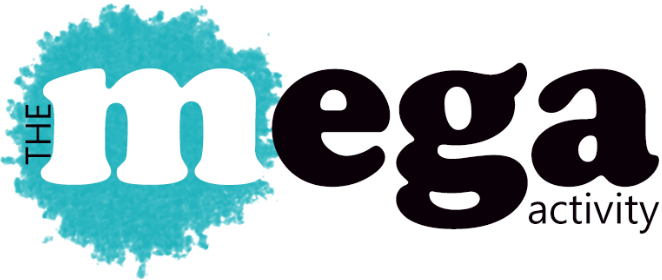
Recruitment is more than filling a vacancy. It’s about finding the right person for the right role. Companies face immense pressure to hire efficiently without compromising quality. Traditional interviews and resumes can only reveal so much. This is where employment assessment services come into play. They provide deeper insights into a candidate’s abilities, personality, and potential fit within an organization.
Understanding Employment Assessment Services
Employment assessment services are tools used by companies to evaluate candidates beyond their resumes. These assessments can include cognitive tests, personality profiling, skills analysis, and situational judgment tests. By using these services, recruiters gain a clearer picture of how a candidate might perform in real-world scenarios. Integrating these services can reduce turnover and improve overall team dynamics. Employment assessment services are becoming essential for informed hiring decisions.
Improving Candidate Screening With Employment Assessment Services
Screening candidates efficiently is crucial. Employment assessment services allow recruiters to filter applicants based on objective data rather than solely on subjective impressions. Cognitive tests measure problem-solving abilities, while skill assessments ensure candidates meet the technical requirements of the role. Personality tests reveal traits that may predict cultural fit and work ethic. When recruiters use employment assessment services, they can prioritize candidates who are most likely to succeed in the position.
Enhancing Interview Processes Using Assessment Insights
Interviews can sometimes be inconsistent and influenced by bias. Employment assessment services provide data-driven insights that help structure interviews more effectively. Recruiters can focus on areas where candidates may need clarification or deeper discussion. By aligning interview questions with assessment results, hiring managers gain a more complete understanding of a candidate’s strengths and weaknesses. Employment assessment services ensure interviews are meaningful and aligned with organizational needs.
Predicting Job Performance With Employment Assessment Services
One of the greatest advantages of employment assessment services is their predictive capability. These tools evaluate traits, behaviors, and skills that correlate with successful job performance. High-potential employees are more likely to be identified early, reducing costly hiring mistakes. Companies that adopt these assessments often see improved productivity and higher employee retention. Employment assessment services help organizations make smarter, long-term recruitment choices.
Integrating Technology And Employment Assessment Services
Modern recruitment relies heavily on technology. Employment assessment services often come with digital platforms that streamline testing, scoring, and reporting. Automated systems make it easier to manage large applicant pools and maintain consistency in evaluations. Additionally, AI-driven insights can uncover patterns that might be missed by human recruiters. Leveraging these technological tools alongside employment assessment services ensures faster, more reliable hiring decisions.
Tailoring Recruitment Strategies With Assessment Data
Every organization is unique, and so is every role. Employment assessment services provide detailed analytics that help companies tailor their recruitment strategies. Data from assessments can inform onboarding programs, professional development plans, and even team composition. By understanding candidate strengths and potential challenges early, companies can place employees in roles where they are most likely to thrive. Employment assessment services thus extend their value beyond recruitment to long-term workforce planning.
Conclusion
In today’s competitive job market, relying solely on resumes and interviews is no longer sufficient. Employment assessment services offer a comprehensive approach to recruitment, providing objective insights that enhance candidate screening, interview processes, and predictive hiring outcomes. By integrating these services into hiring strategies, organizations can reduce turnover, improve performance, and build stronger teams.





